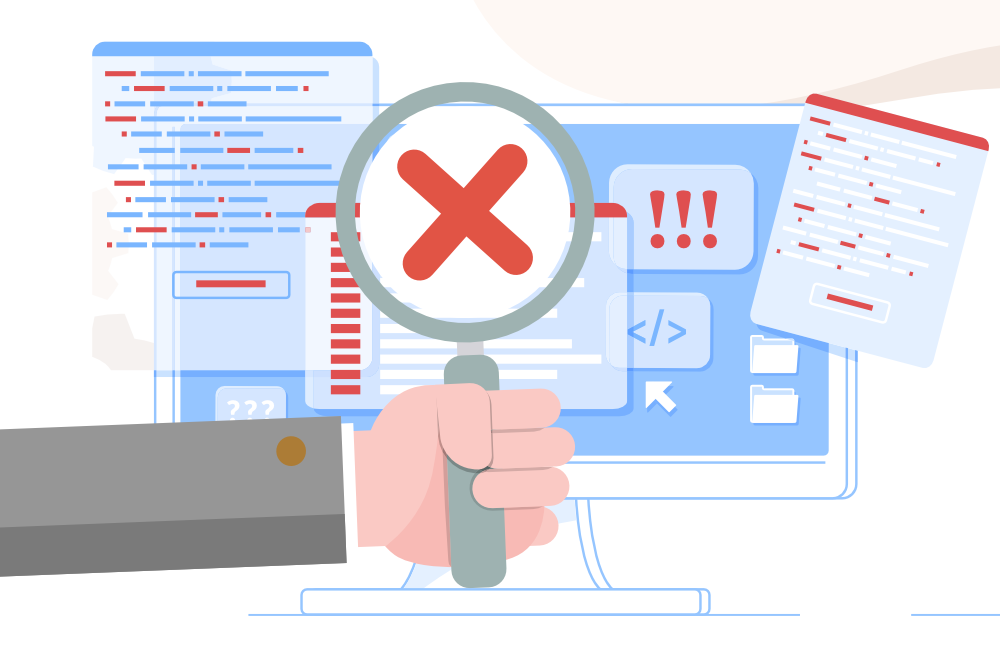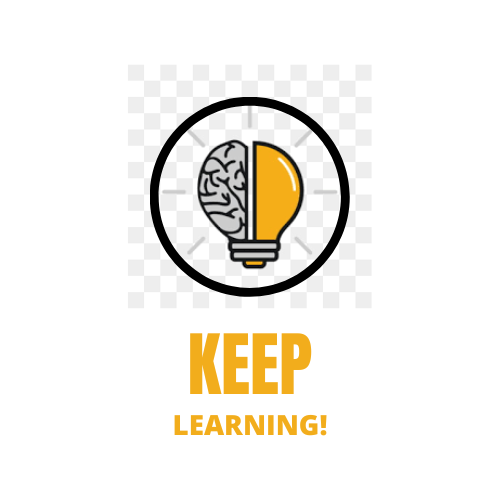Coding can be a challenging skill to master, especially for beginners. There are several common mistakes that new coders often make, which can be frustrating and time-consuming to correct. In this blog, we'll discuss 10 coding mistakes that beginners make and provide tips on how to avoid them.
1. Not using version control
One of the biggest mistakes that beginners make is not using version control. Version control is essential for managing changes to your code and collaborating with others. Git is a popular version control system that you can use to manage your codebase.
2. Not commenting your code
Another common mistake is not commenting your code. Commenting is important for making your code understandable and maintainable. Make sure to add comments to your code to explain its purpose and how it works.
3. Overcomplicating your code
Beginners often try to solve complex problems with overly complicated code. It's important to keep your code simple and readable. This will make it easier to debug and maintain in the long run.
4. Not testing your code
Testing is crucial for ensuring that your code works as intended. Beginners often skip testing, which can lead to errors and bugs in their code. Make sure to test your code thoroughly before deploying it.
5. Not understanding data structures and algorithms
Data structures and algorithms are the building blocks of coding. Beginners often skip over these fundamentals and jump straight into coding. It's important to have a solid understanding of data structures and algorithms to write efficient and effective code.
6. Not optimizing your code
Optimizing your code is important for making it run faster and more efficiently. Beginners often overlook optimization, which can lead to slow and bloated code. Make sure to optimize your code to improve its performance.
7. Not using a linter
A linter is a tool that checks your code for errors and style inconsistencies. Using a linter can help you catch mistakes early and ensure that your code follows best practices.
8. Not planning your code
Planning your code is crucial for avoiding mistakes and ensuring that your codebase is scalable. Beginners often dive into coding without planning, which can lead to messy and unorganized code. Make sure to plan your code before you start writing it.
9. Copying and pasting code
Copying and pasting code from online sources can be tempting, especially for beginners. However, it's important to understand what the code does and how it works before using it in your own codebase.
10. Not asking for help
Finally, beginners often make the mistake of not asking for help when they're stuck. There's no shame in asking for help when you're learning to code. Joining online communities or finding a mentor can help you learn and grow as a coder.
In conclusion, coding can be challenging, but avoiding these common mistakes can help you become a better and more efficient coder. Make sure to use version control, comment your code, test your code, understand data structures and algorithms, optimize your code, use a linter, plan your code, avoid copying and pasting code, and ask for help when you need it. Happy coding!



